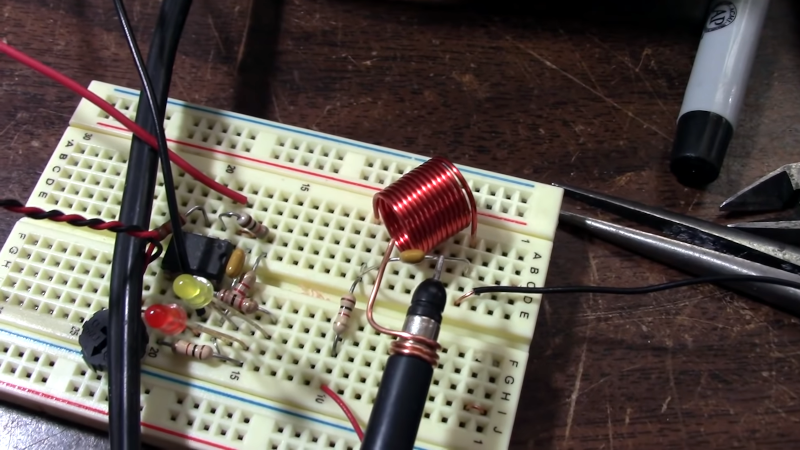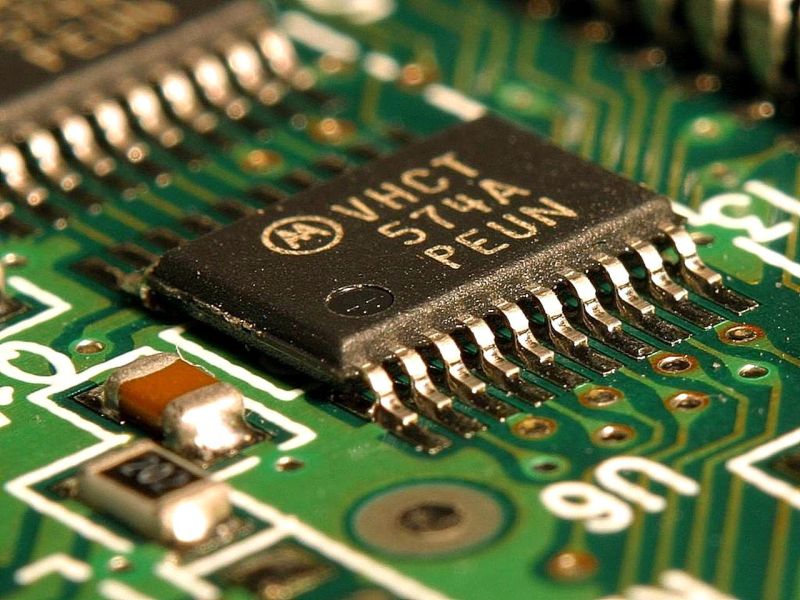Winding Your Own Small Coils

Depending on what you build, you may or may not run into a lot of inductors. If you need small value coils, it is easy to make good-looking coils, and …read more Continue reading Winding Your Own Small Coils
Collaborate Disseminate

Depending on what you build, you may or may not run into a lot of inductors. If you need small value coils, it is easy to make good-looking coils, and …read more Continue reading Winding Your Own Small Coils

Perhaps the second most famous law in electronics after Ohm’s law is Moore’s law: the number of transistors that can be made on an integrated circuit doubles every two years …read more Continue reading Smaller is Sometimes Better: Why Electronic Components are So Tiny
Hackaday editors Elliot Williams and Mike Szczys pan for gold in a week packed with technological treasure. The big news is Apple/Google are working on contact tracing using BTLE. From adoption, to privacy, to efficacy, there’s a lot to unpack here and many of the details have yet to take …read more
Continue reading Hackaday Podcast 064: The COBOL Cabal, the Demoscene Bytes, and the BTLE Cure
YouTuber [RimstarOrg] shows how to make a DIY inductor for a specific inductance. This is obviously a great skill to learn as sometimes your design may call for a very accurate inductance that may be hard to find otherwise.
It may seem daunting when it comes to making your own inductor you may have a few questions such as: What type of core will I use?, How many turns does my coil need? or How do I calculate these parameters to create the specific inductance I desire? [RimstarOrg] goes through all of This, he even has a handy Inductance calculator …read more